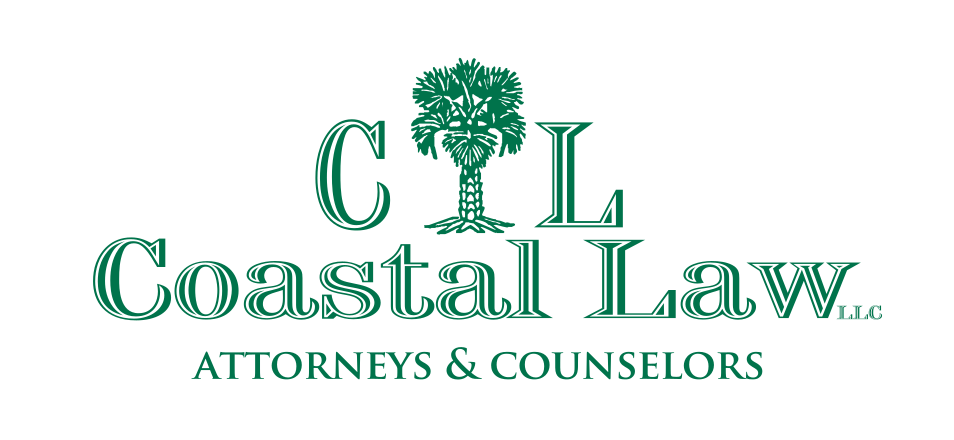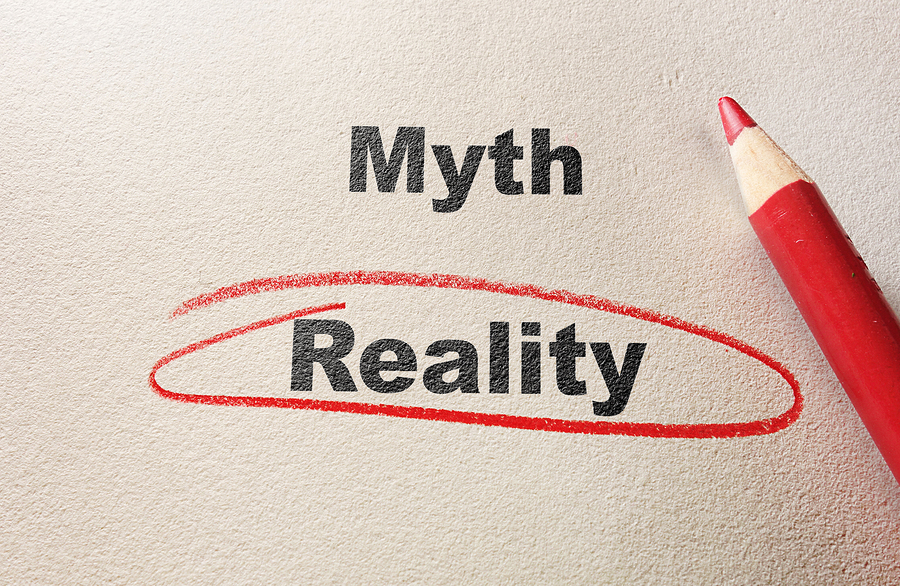We’ve all seen people getting arrested on television crime dramas, so we all have some idea of what it would be like, right?
For example, police always read a suspect’s Miranda rights to them while they put the handcuffs on. The modern marvels of forensic science will ultimately solve the case (and prove your innocence if you are not guilty). If you ask for an attorney, police will know that you are guilty – if you have nothing to hide, you wouldn’t need an attorney….
The problem is, these shows are fictional, dramatic, and rarely factually or legally accurate. They are entertaining to watch, but when people try to apply lessons learned from crime dramas to real-life encounters with law enforcement, it can result in an arrest or a conviction that could have been avoided…
Facing Criminal Charges? Don’t be Fooled by These Common Myths.
Myth #1: If I’ve got nothing to hide, I should talk to the police. Asking for an attorney will make me look guilty.
There are many people living in prison right now who thought they had nothing to hide, and therefore they did not ask for an attorney before meeting with police or investigators.
Consider this: there are only two reasons that an investigator would want to question you before you have been charged with a crime:
- They believe that they have probable cause to charge you, they want to get you to make statements that will improve their case, and they are going to serve a warrant on you either way; or
- They do not have probable cause to charge you but you are a suspect, and they want you to make statements that they can then use as probable cause to get a warrant.
So what should you do if you’re being questioned by police? Simple. Ask for a lawyer. And then stop talking.
If the interrogating officer doesn’t honor your request right away, keep asking. You have a constitutional right to an attorney, so ask for an attorney… and say nothing else… until your lawyer shows up or they stop asking questions.
Myth #2: If I’m facing serious criminal charges, I should plead guilty when they make a reduced plea offer.
The plea offer may be the right thing for you to do, or it may not. This is a decision that you cannot make without knowing what the evidence is against you and what evidence you will be able to present at a trial.
When should you turn down a plea offer?
- When you are not guilty. If you are not guilty, you do not plead guilty.
- When the state has insufficient evidence to prove their case.
- When you want a trial. Although it may not always be in your best interests, it is always your decision whether to plead guilty or go to trial.
This is a personal and often difficult decision for persons who are charged with a crime, and it is a decision that can’t be made without the advice of a competent criminal defense lawyer who has investigated your case and prepared for trial.
Myth #3: If the police did not read Miranda rights to me when I was arrested, my case will get dismissed.
Regardless of what you see on television, police do not have to read Miranda rights to suspects. They usually do not read Miranda rights to someone when they are arrested, and that does not mean that your case will be dismissed.
Police do have to read Miranda rights to a suspect before questioning them if they are in custody (in handcuffs in a patrol car or in jail, for example). If they do not, the remedy is not dismissal of your case, but any statements that you made in response to questioning may be suppressed at your trial.
One exception, in South Carolina, is in DUI cases. In any DUI case in SC, the officer must read your Miranda rights to you and it must be video-recorded. If they do not, your case may be dismissed.
Myth #4: If I get convicted, I can always just have my record expunged.
Most serious criminal convictions in South Carolina cannot be expunged. In South Carolina, the following cases usually are eligible for expungement:
- Dismissals or acquittals;
- Some minor first-offense convictions;
- Some convictions under the Youthful Offender Act (YOA); and
- Offenses that are sent to pretrial intervention programs like PTI, AEP, or TEP.
DUI convictions can never be expunged in SC because it is a traffic offense. Although a pardon may be a possibility, most criminal convictions cannot be expunged in SC.
Myth #5: I don’t need an attorney for misdemeanor criminal charges.
Misdemeanor convictions can have serious consequences, including fines, jail time, and a criminal record. They can affect your driver’s license and they can prevent you from getting a job. There are many collateral consequences to misdemeanor convictions that you may not understand until you talk to a criminal defense attorney about your specific charges and situation.
Even in misdemeanor cases, you will usually have a trained prosecutor on the other side of your case. If you attempt to fight the charges without understanding courtroom procedure, court rules, evidence rules, trial practice, and the range of possible defenses in your case, you can expect that it may not end well…
Myrtle Beach SC Criminal Defense Lawyer
If you are facing criminal charges in SC, in the Myrtle Beach, Conway, Charleston, or Columbia areas, we want to help you. .
Schedule a free consultation with a South Carolina criminal defense attorney at Coastal Law to discuss your case. Call now at (843) 488-5000 or complete our online form.


